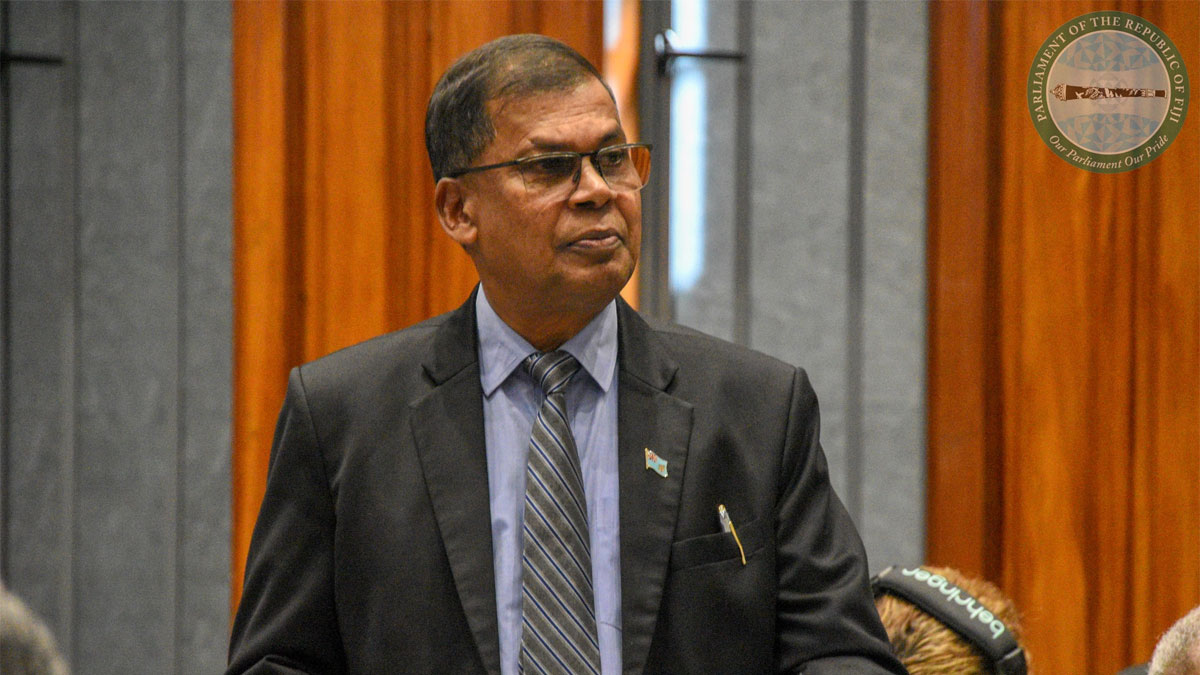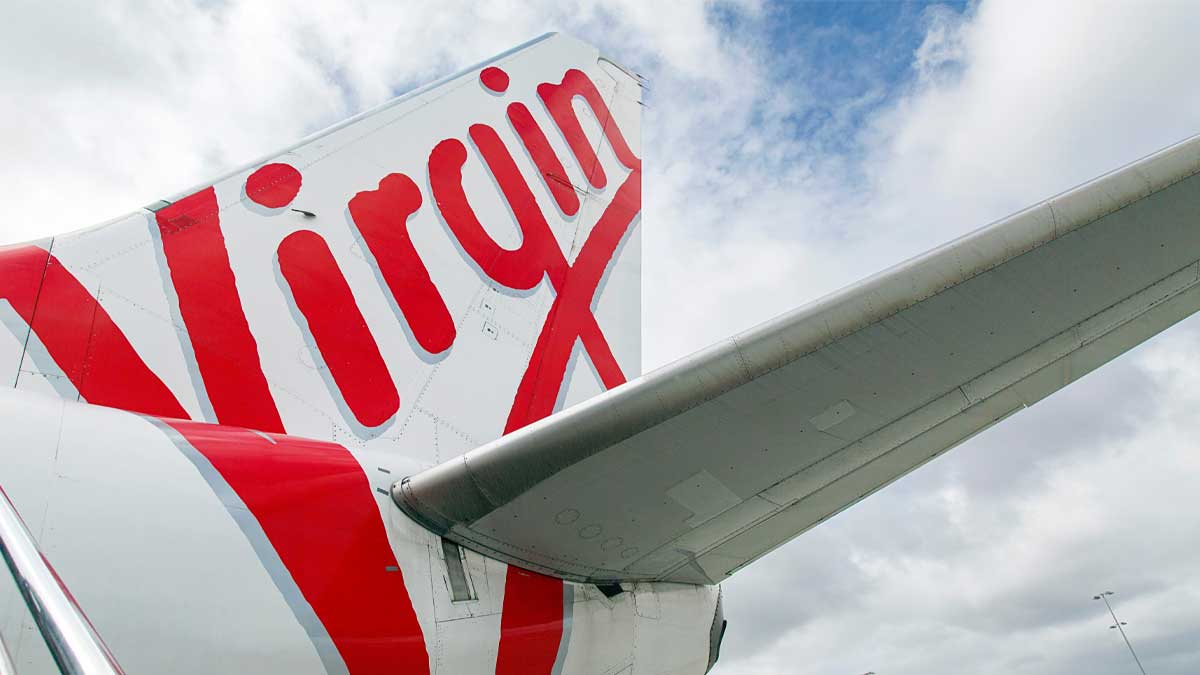
About 8 percent or 70,000 to 80,000 of the Fijian population has left the country in the last 18 months which is indicating towards a weaker consumer spending.
This has been highlighted by the Deputy Prime Minister and Minister for Finance, Professor Biman Prasad in his ministerial statement while stressing on some key economic indicators which help the government to analyse and assess the economic direction for the year.
Professor Prasad says lower consumer spending feeds into lower levels of economic activity and of course for Government lower tax receipts from income tax and VAT.
He says the recent period of heavy rain and flooding has also not been helpful and it is also going to impact the level of spending and delay some of the investment activity. The Deputy Prime Minister says investment activity has been positive in the last 12-18 months and recent indicators point towards a pick-up in activity as major tourism related projects gain traction but the government needs to build on this momentum and ensure that things are moving on the ground.
He says we all know that we are critically short of skilled construction labour however, they are tackling other factors such as quickening environmental and planning regulation and where possible, high business costs.
Professor Prasad also says the year-on-year headline inflation rate stood at 4.6 percent in March this year, compared to 2 percent in March last year.
The Deputy Prime Minister says the two main causes are the increase in global commodity prices and the increase in VAT from 9 to 15 percent in August last year.
He says the VAT increase has been largely absorbed now so they expect inflation to slow to an average of around 3 percent by the end of this year.
Professor Prasad says more importantly they are focused on rebuilding the economy to ensure more higher paying job creation.
He says the figures from the FCCC shows that a large number of products, particularly, food items saw a decrease in prices as well.
He further says they are seeing some major interest in foreign investment but, they all need to work harder towards getting this realized on the ground.
He also says the disruptions to shipping routes and trade fragmentation policies are expected to impact trade and add upward pressure on freight costs, although these effects are yet to be seen.
The Deputy Prime Minister says production supply deficits shaped by OPEC policies and the expectation of escalation to the war in Gaza likely to push the price of crude oil to higher levels.
He says however, they are reminding people that the government has a new economic management approach and are involving the people and the businesses.
Stay tuned for the latest news on our radio stations


